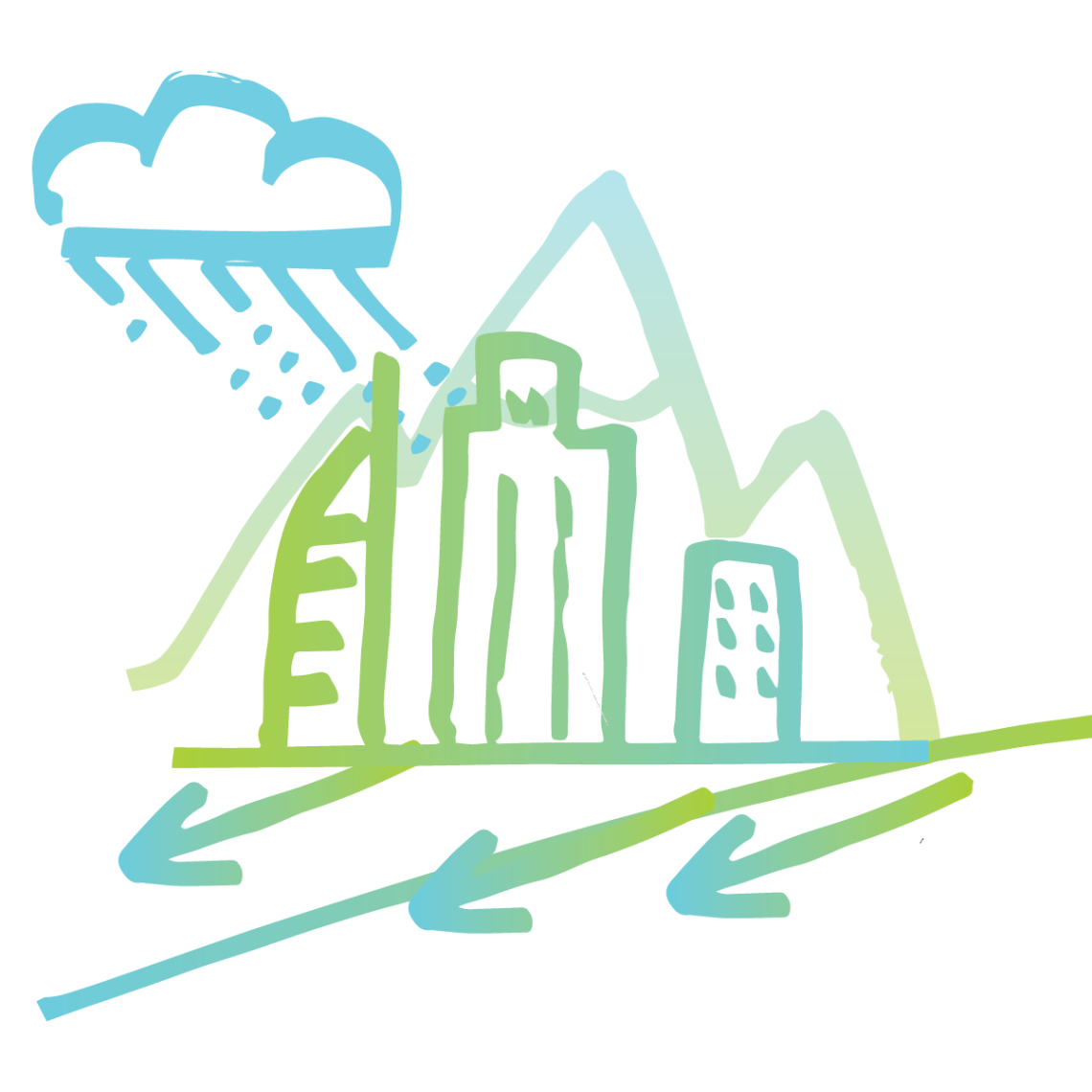Aesthetics
The Look of Public Spaces
1974 ceramic mural 8x40 compton county library compton california dora delarios 2 ps
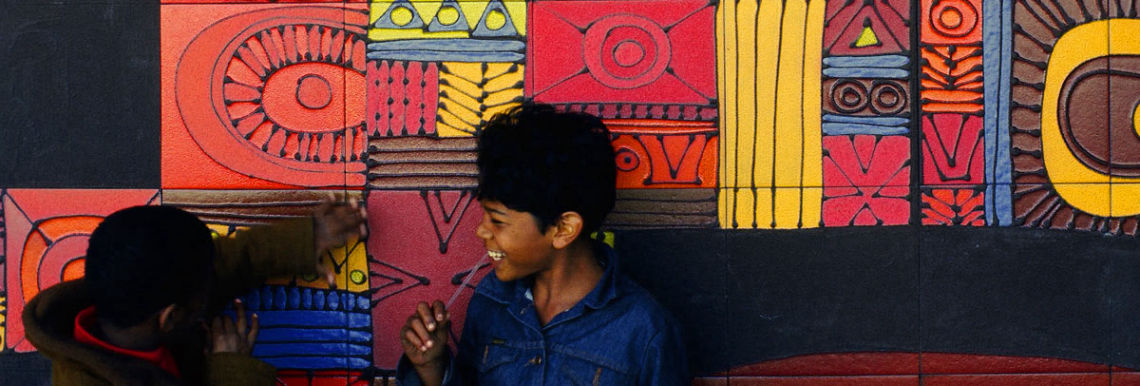
How we view our communities and feel about the places we live in are influenced by our memories and current experiences of sight, sound, touch, smell, and even taste. These impressions collectively form our sense of home, belonging, safety, and community.
Take the example of a tree-shaded street; the trees are visually appealing and comfortable to walk along. They engage our senses of smell, sound, and touch as a gentle breeze cools us on hot days. The sounds of rustling leaves or a song bird calm our minds and improve our sense well-being.
The architecture and colors of our built environments also play a strong role in forming a sense of place and reflecting the diversity of neighborhoods and cultures. Themed street lights, bus shelters, street paving, and the landscapes of streets and public spaces fill in and connect the architecture. Murals, sculptural installations, performances, and other forms of public art can express the values of our local communities while celebrating individuality of place and shifting cultures.
Green aesthetics can be integrated into projects that have other community building elements, so that our everyday urban landscapes can engage all our senses and strengthen the vibrancy of our communities. There are many ways to express connections to nature that can engage our senses and benefit the environment. When integrated into projects that have other community building elements, greening becomes part of the everyday way our urban lanscapes reflect what communities care about.
Green aesthetics can engage all our senses and strengthen the vibrancy of our communities.
_________________
Strategies
Experience Your Surroundings
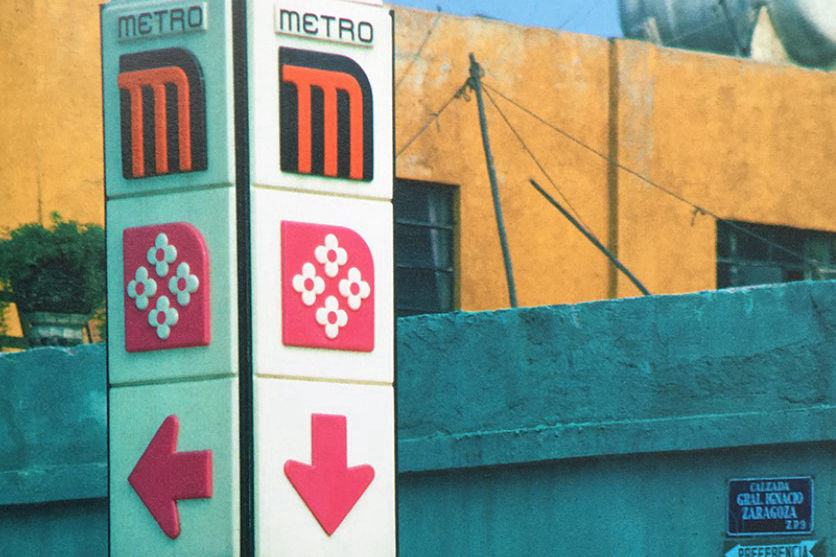
These iconic subway signs in Mexico City address varying literacy
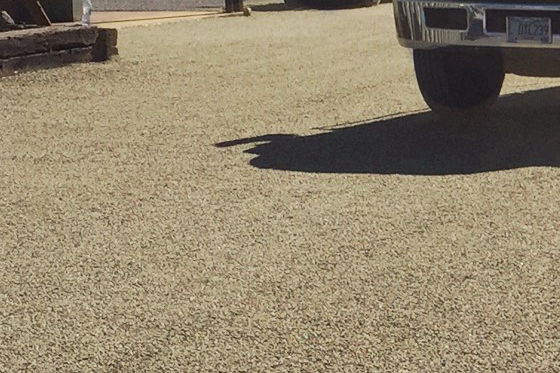
This upcycled paving material holds less heat and absorbs more water
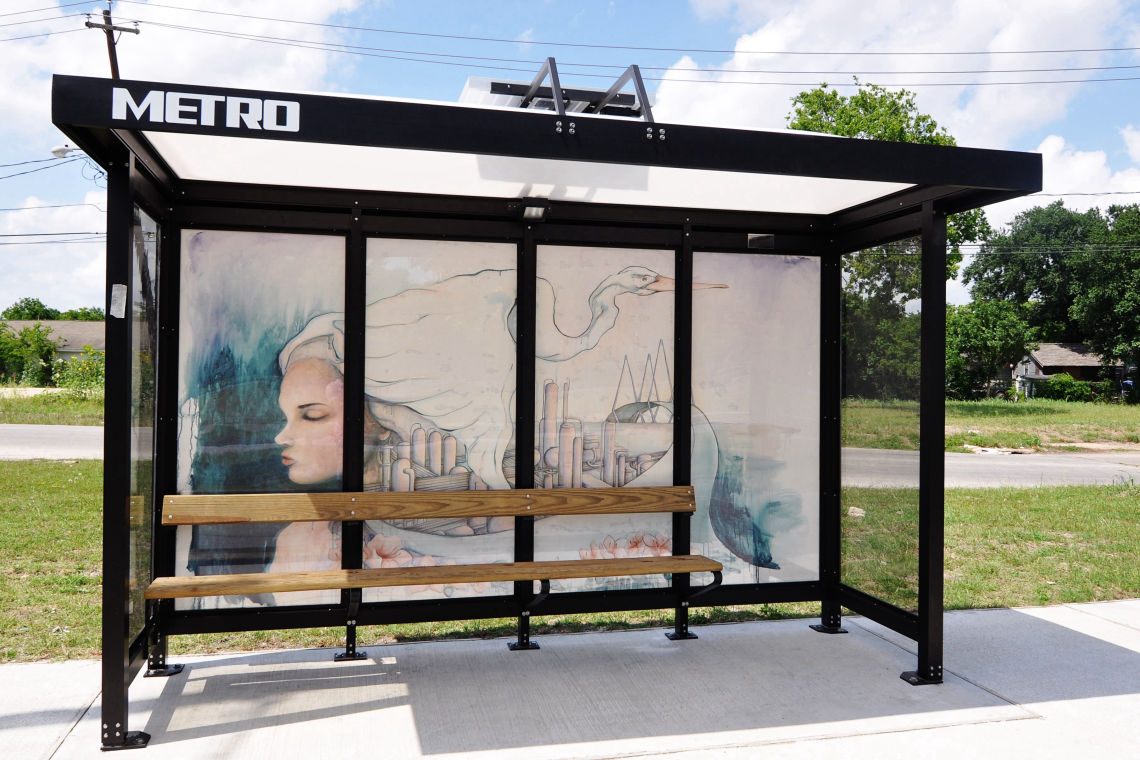
This bus shelter is enclosed without limiting visibility
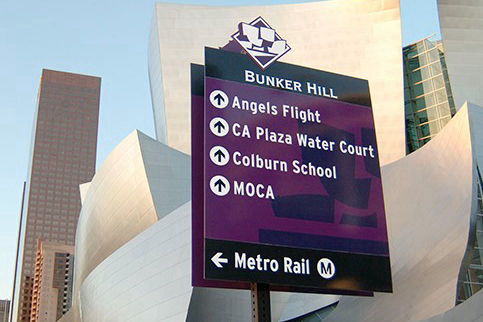
These signs orient the viewer and help identify the area
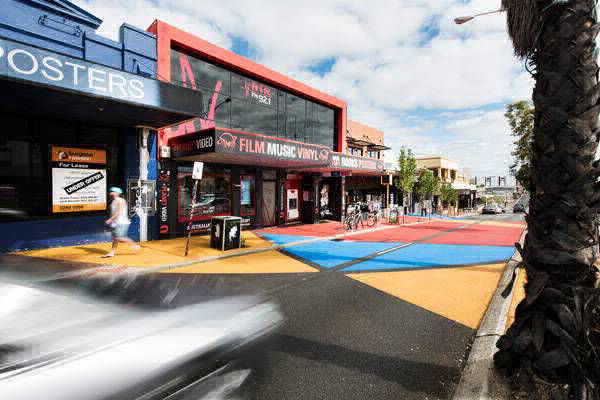
Colorful surfaces can suggest different uses of street space
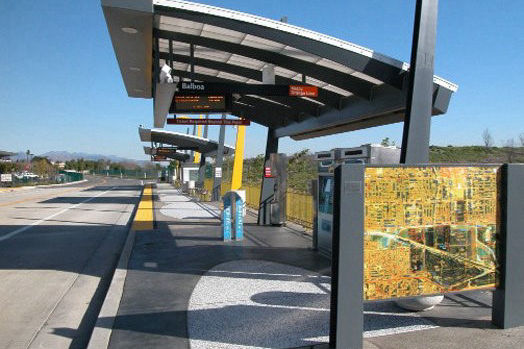
These shelters provide information, ticketing, and room for crowds
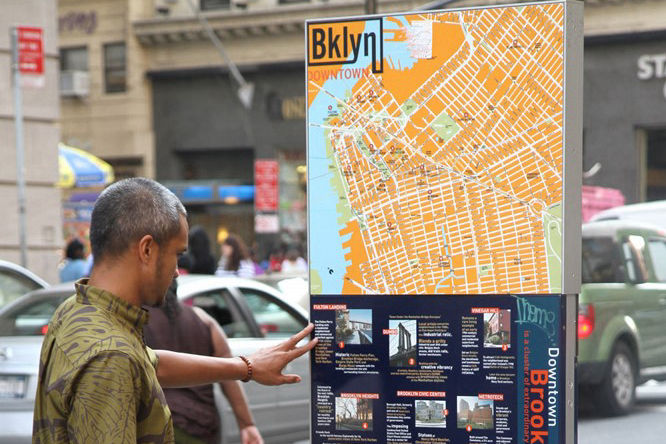
Wayfinding at different scales encourages exploration
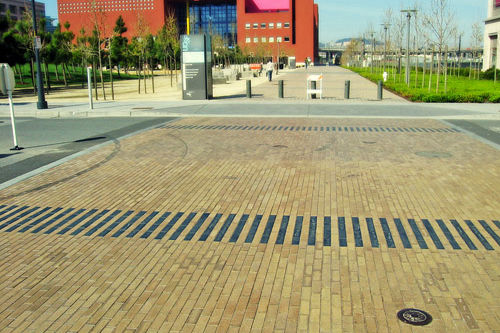
Surfaces can define pedestrian space and unite disconnected areas
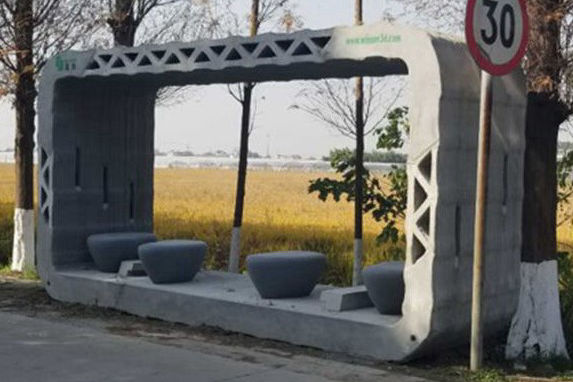
Built forms can blend in or contrast with surrounding environments
Made with ❤️ by TreeStack.io
